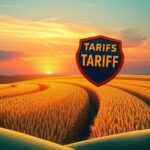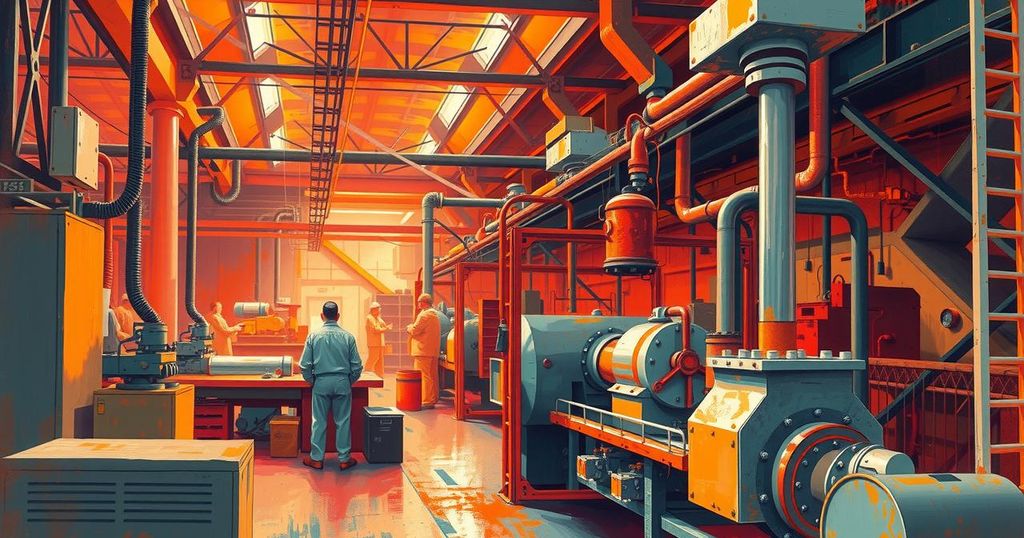Brazil’s President Lula Criticizes Trump’s Auto Tariffs and Concerns for Global Trade
Brazilian President Lula has criticized U.S. President Trump’s recent auto tariffs, expressing concern over their adverse effects on free trade and the global economy. During a visit to Japan, Lula highlighted the potential rise in consumer prices and inflation. Both he and Japanese officials have called for Japan’s exemption from the tariffs while Brazil considers its options concerning trade retaliation.
Brazilian President Luiz Inácio Lula da Silva has criticized U.S. President Donald Trump’s recent decision to impose tariffs on a range of imported goods. Lula expressed his concerns following a four-day visit to Japan, particularly regarding the 25% tariffs on all car imports, which adversely affect Japan as a major auto exporter and ally of the United States. He underscored the potential negative impact on both American consumers and the broader global economy.
During his remarks, Lula stated, “I am very concerned about the behavior of the American government. I am concerned because free trade is being harmed and I am concerned because multilateralism is weakened.” He highlighted that these tariff increases would likely raise consumer prices, exacerbate inflation, and hinder economic growth due to rising interest rates.
Lula further pointed out the limitation of Trump’s protective measures, asserting that “this protectionism does not help any country in the world,” urging consideration for the global context. Meanwhile, Japanese Prime Minister Shigeru Ishiba emphasized Japan’s desire to be exempt from these tariffs and discussed strengthening partnerships between Japan and Brazil in various sectors.
Japan’s response to the tariff threats has been one of regret; Chief Cabinet Secretary Yoshimasa Hayashi labeled the decision as “extremely regrettable” and called for exemption. As tensions regarding tariffs escalate globally, particularly with Canada, Mexico, China, and Europe, Japan has been proactive in strengthening its international ties.
Brazil, being the largest steel exporter to the U.S., is contemplating potential actions, including filing complaints with the World Trade Organization or implementing reciprocal tariffs. Nonetheless, it is worth noting that Brazil is not prioritized on Trump’s trade retaliation list due to its trade dynamics with the United States, where Brazil exports more than it imports. The U.S. held a trade surplus of $7.4 billion with Brazil in 2024, marking a significant increase.
In summary, President Lula’s criticism of President Trump’s tariff policies reflects concerns over the implications for global trade and economic stability. The situation underscores the interconnectedness of international markets and the potential consequences of unilateral trade measures. Collaboration between Brazil and Japan amidst rising protectionist sentiments may serve as a counterbalance to these developments, while Brazil contemplates its response to safeguard its trade interests.
Original Source: www.independent.co.uk








Post Comment